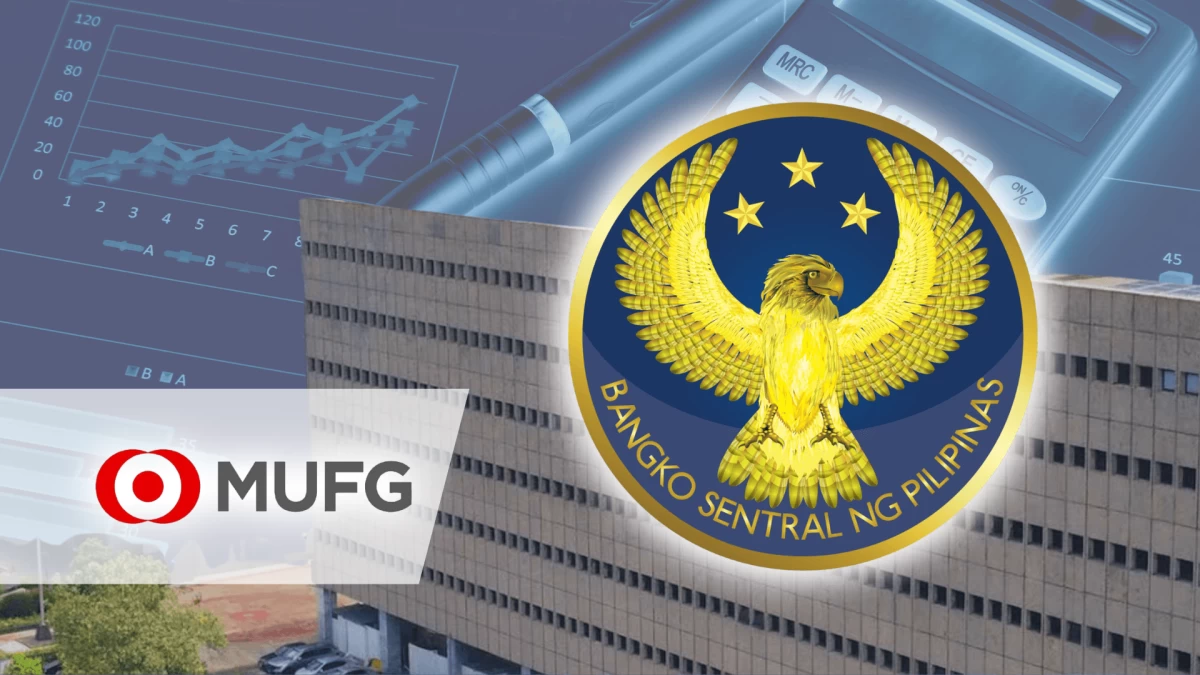
Upgrade to High-Speed Internet for only ₱1499/month!
Enjoy up to 100 Mbps fiber broadband, perfect for browsing, streaming, and gaming.
Visit Suniway.ph to learn
The Energy Regulatory Commission (ERC) has approved two key measures to expand consumer choice and advance the country’s shift to a smarter, more efficient power grid.
In a statement on Tuesday, Nov. 4, the ERC announced that consumers with a 100-kilowatt (kW) average monthly peak demand can join the retail competition and open access (RCOA) and retail aggregation program (RAP) starting June 26, 2026.
This move will allow medium-sized enterprises (MSEs) and smaller institutions to choose their preferred electricity supplier or combine their power demand to participate in RAP.
The integration will be implemented in phases, with an eight-month transition period giving distribution utilities (DUs) and retail metering service providers (RMSPs) more time to procure and install new metering systems.
The Commission will also work with the Department of Energy (DOE) and Independent Electricity Market Operator of the Philippines (IEMOP) on billing, registration, and settlement systems to ensure a coordinated process for new customers.
Moreover, the ERC will publish a comprehensive roadmap that will outline the phased implementation of RCOA, RAP, and green energy option program (GEOP).
RCOA allows end users to select their own power suppliers beyond their current DU, while RAP lets smaller consumers aggregate their demand to meet the 100-kW threshold needed to qualify for retail electricity supplier (RES) selection. GEOP, on the other hand, provides customers with the option to source their electricity fully from renewable energy (RE).
ERC Chairperson Francis Saturnino Juan said this lower threshold would foster a more competitive electricity market and greater freedom for consumers.
“Lowering the contestability threshold to 100 kW and implementing it in a deliberate and orderly fashion marks a significant advancement in unlocking the full potential of open access and consumer choice in the Philippines,” he said.
The initiative aligns with the Electric Power Industry Reform Act (EPIRA), which aims to empower consumer choice in the energy sector.
To complement the new demand limit, the ERC has also approved rules for the adoption of advanced metering infrastructure (AMI) by DUs and other ERC-authorized power companies.
AMI will enable remote meter reading, load management, and outage detection, as well as address persistent issues such as meter tampering and electricity theft.
With this, DUs may begin adopting AMI systems that comply with technical standards, cybersecurity protocols, and consumer data privacy rules. Consumers, meanwhile, will be able to monitor their real-time power usage data through the consumer meter data channel (CMDC).
Smart meters are also expected to make the power system stronger and more reliable, even during natural disasters or unexpected disruptions.
Furthermore, the ERC said the new rules align with the national policy objectives under the Philippine Energy Plan (PEP) and the DOE’s smart grid framework.
“By enabling real-time data exchange and empowering both utilities and consumers, we are laying the foundation for a smarter, more secure, and inclusive energy future,” Juan concluded.

 6 hours ago
3
6 hours ago
3



